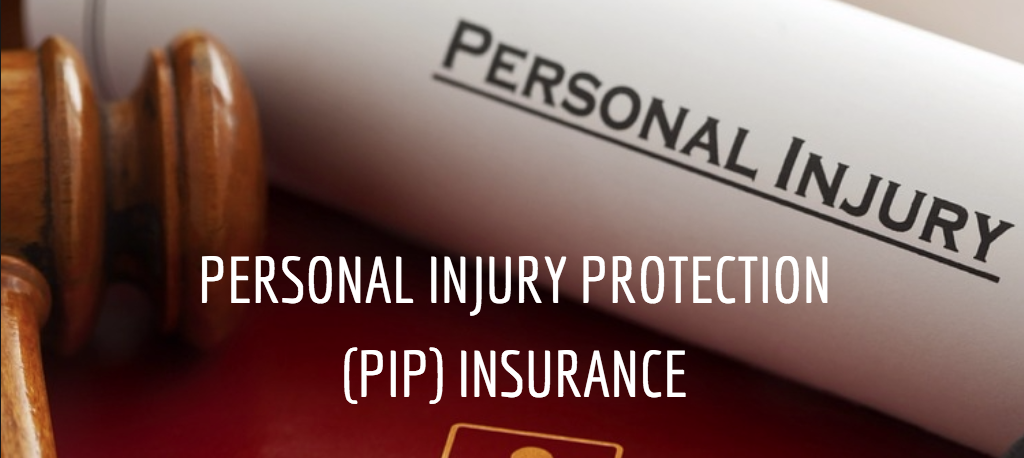
For the average driver, car insurance can be a little confusing. When you shop for a policy, you are going to encounter a variety of different terms, and you may not know what many of them mean. This can make purchasing an insurance policy far more stressful and complicated than it should have to be. Your goal is simple, even if the process is not – you just want to have the coverage necessary to protect your financial future.
With this two-part article, we are going to shine some light on one area of auto insurance that brings confusion to many shoppers – Personal Injury Protection Insurance, or PIP. Do you need to carry this kind of coverage? What is it, anyway? If you stick with us through this article and the next, you should have a much better understanding of this important topic.
Starting with a Definition
If you are injured in a car accident, personal injury protection will pay the medical bills and rehab costs that are associated with your injuries. This coverage can also extend to your passengers, and it can cover you if you are hurt in an accident while riding in someone else’s car. In fact, you can even have coverage when you are injured as a pedestrian or cyclist, if a car hits you.
You may think that you already have this kind of coverage as part of your auto insurance policy, but that is not necessarily the case. If you have bodily injury liability insurance, that coverage will pay for the medical expenses of other drivers and passengers in an accident where you are deemed to be at fault. With PIP, we are talking about coverage that applies to bills you incur when the injuries sustained are your own.
Is PIP Insurance Required?
The answer to this question will depend on the state you call home. Some states do require drivers to include PIP coverage in their policies. Those states are known as ‘no-fault’ states, because it is your own insurance that will cover your medical expenses even if you did not cause the accident (unless a certain threshold is met). So, in order to know whether or not you have to carry PIP, you will need to find out if you live in a no-fault state.
What Is Covered?
Again, this is a point which is going to vary by state, but there are certain basics which are likely to be covered by PIP. Things like operations, hospital stays, lost wages, and ongoing rehabilitation are very likely to be covered by your PIP policy. Before you take out a policy, be sure to review exactly what would be covered in the event of an accident.
In part two of this article, we will look further at some of the issues related to personal injury protection insurance. Once you are armed with all of the necessary information, you will be able to make an informed decision on your insurance policy.

